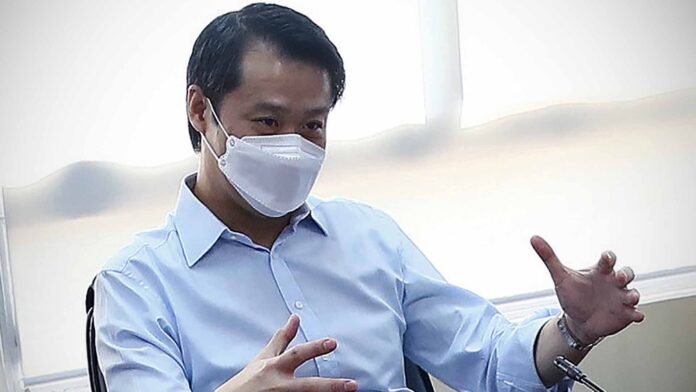While the Department of Education (DepEd) plans to hire “learner support aides” in the roll-out of distance learning, Senator Win Gatchalian said that they should only be deployed in low-risk areas and that rigorous health standards should be observed to prevent an uptick in COVID-19 cases when the country officially opens classes on October 5.
Gatchalian likened the idea of learner support aides to learning pods, which are sometimes called pandemic pods, nano-schools or micro-schools. These are small gatherings of between three to 10 children for face-to-face instruction and social interaction.
These pods have become popular in the United States as some parents with small children said they were worried their kids would not have the attention spans needed for online learning. Some pods are hiring teachers to teach children’s curriculum, others share responsibilities with parents.
DepEd Undersecretary Jesus Mateo shared that the department is finalizing guidelines on the hiring of learner support aides, which include tutors and para-teachers.
Gatchalian, chairman of the Senate Committee on Basic Education, Arts and Culture, said learner support aides will help parents who cannot assist their children in home-based learning.
“We can deploy learner support aides immediately to low risk areas. We just need to make sure that they will pass rigorous health tests or health standards. They should observe social distancing and wearing of masks. Kailangang magdoble ingat. Inviting anyone to our homes can increase the risk of infection,” Gatchalian said.
The hiring of teacher-assistants, according to the senator, is authorized under the Bayanihan to Recover as One Act (Republic Act 11494) or Bayanihan 2.
To meet the funding requirements for the hiring of these teacher-assistants, the unused balance of DepEd’s 2020 “New School Personnel Positions” and “Basic Education Facilities” appropriations are realigned to the Maintenance and Other Operating Expenses (MOOE) for “Operations of Schools – Elementary, Junior and Senior High School” under its “Support to Schools and Learners Program.
To date, mapping of the University of the Philippines COVID-19 tracker shows that there are 473 municipalities in the country that have zero active coronavirus cases. These include 22 municipalities in Maguindanao, 20 municipalities in Abra, 19 municipalities in Ilocos Sur, 10 in Ilocos Norte, 22 in Bohol, 16 in Sulu, 14 municipalities in Eastern Samar, 16 in Surigao del Norte and 14 municipalities in Zamboanga del Norte.






